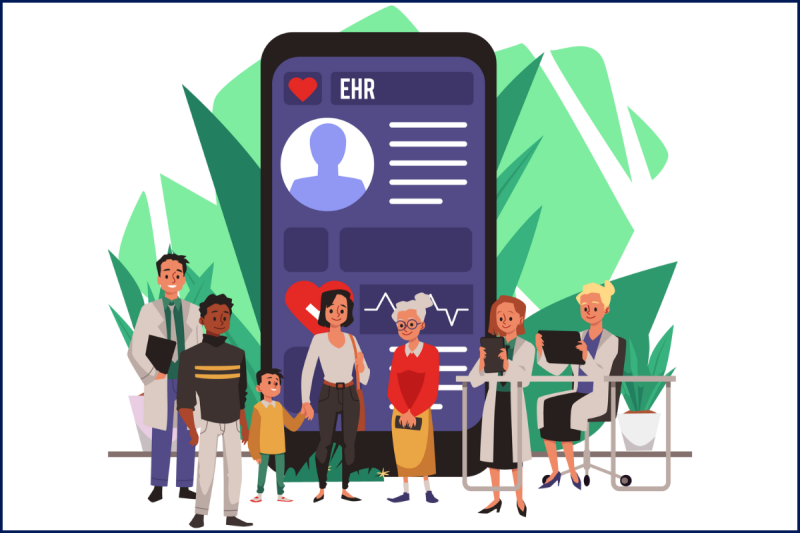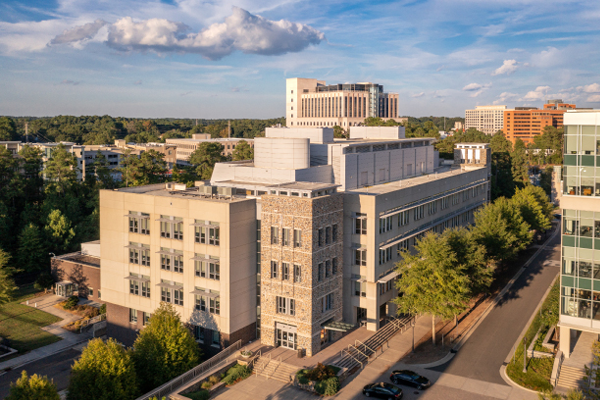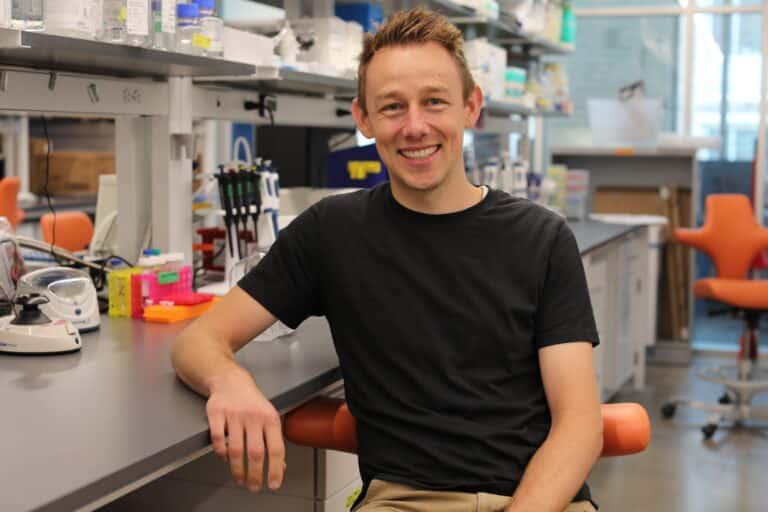Moseley Receives Germinator Award
CBB PhD candidate Edward Moseley has received a 2026 Germinator Award from the Duke Institute for Brain Sciences for his proposal for interdisciplinary research in the brain sciences.
Celebrating the newest CBB doctoral graduates
Congratulations to the following doctoral students who have successfully defended their dissertations and will graduate from the Computational Biology and Bioinformatics PhD Program.
Welcome to Duke: New CBB PhD Cohort
This fall, the Duke Department of Biostatistics & Bioinformatics welcomed a new cohort of PhD students in Computational Biology and Bioinformatics. Hailing from across the globe, these scholars bring impressive academic backgrounds, a passion for translational research, and a wide range of personal interests, from anime and marathons to K-pop and cooking.
New AI Method Excels at Predicting Disease Risk from Clinical Notes
Matthew Engelhard, PhD, and PhD student Fengnan Li have developed a new natural language processing method that takes on the challenge of finding important details scattered throughout long documents.
With $15 million Grant, Duke Team Expands AI Tool to Predict Teen Mental Illness
The project, co-led by Matthew Engelhard, PhD, assistant professor of biostatistics and bioinformatics, aims to bring early mental health screening to clinics where access to care is limited.
New Directions in Renewable Energy
David Beratan, PhD, who teaches in the computational biology and bioinformatics program, is one of four Duke chemists exploring promising new directions in renewable energy research.
Cymfenee Dean-Phifer Awarded Graduate Student Pilot Grant
CBB student Cymfenee Dean-Phifer was one of 13 biomedical PhD students who received a pilot grant from the Duke University School of Medicine Office of Biomedical and Graduate Education (OBGE) and the Precision Genomics Collaboratory.
Can Electronic Health Records Reveal Early Signs of Autism?
Duke researchers, including Ben Goldstein, PhD, are collaborating on a new project that uses machine learning to recognize patterns in electronic health record data associated with children who are later diagnosed with autism.
Celebrating CBB’s Newest Doctoral Graduates
Congratulations to the following people who have successfully defended their dissertations and will graduate from the Computational Biology and Bioinformatics Program.
Hickey Receives NSF CAREER Award to Study How Environmental Factors Drive Cellular Behavior
CBB research faculty member John Hickey aims to identify how and why cells in the same environment develop different characteristics.









